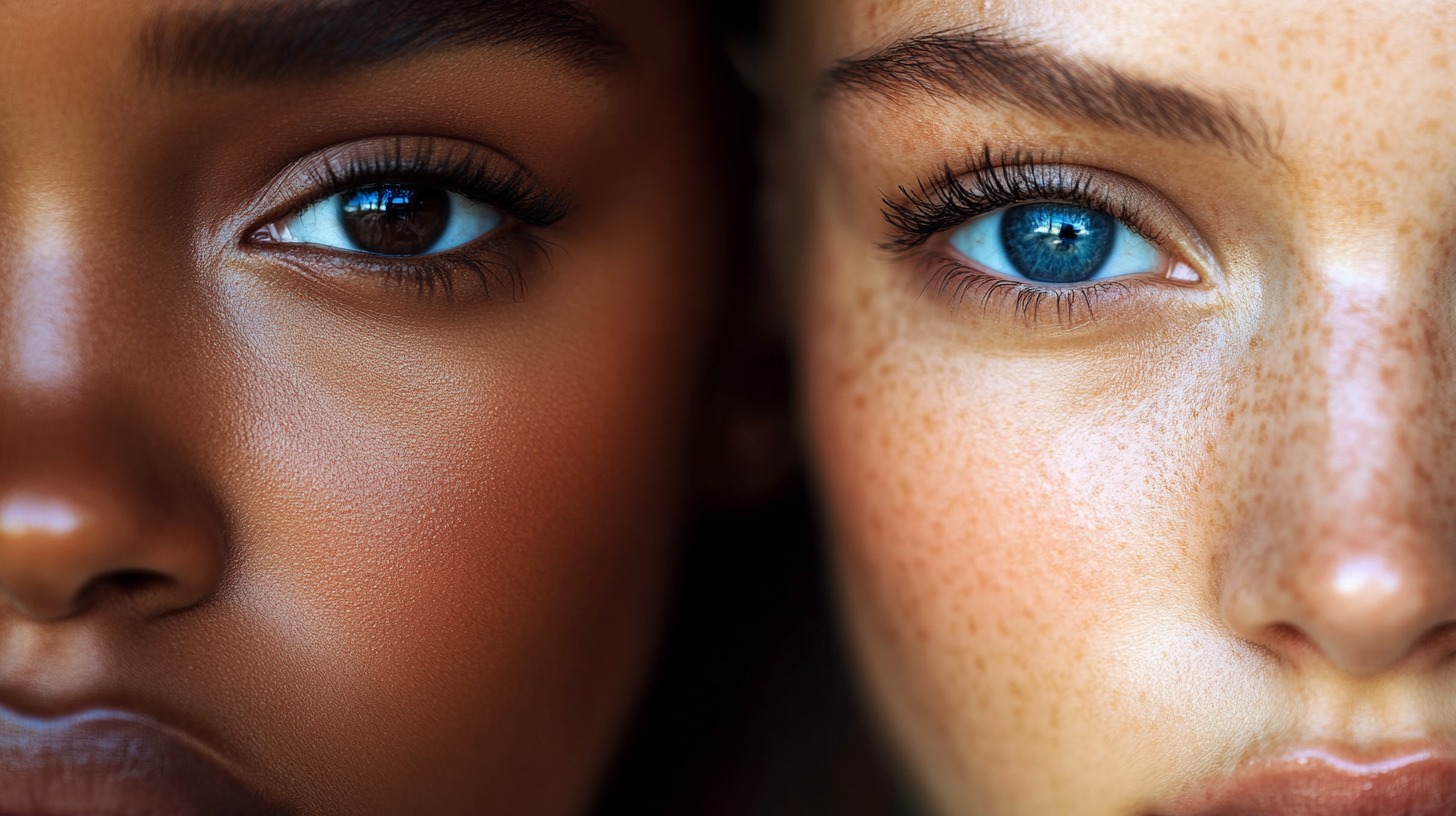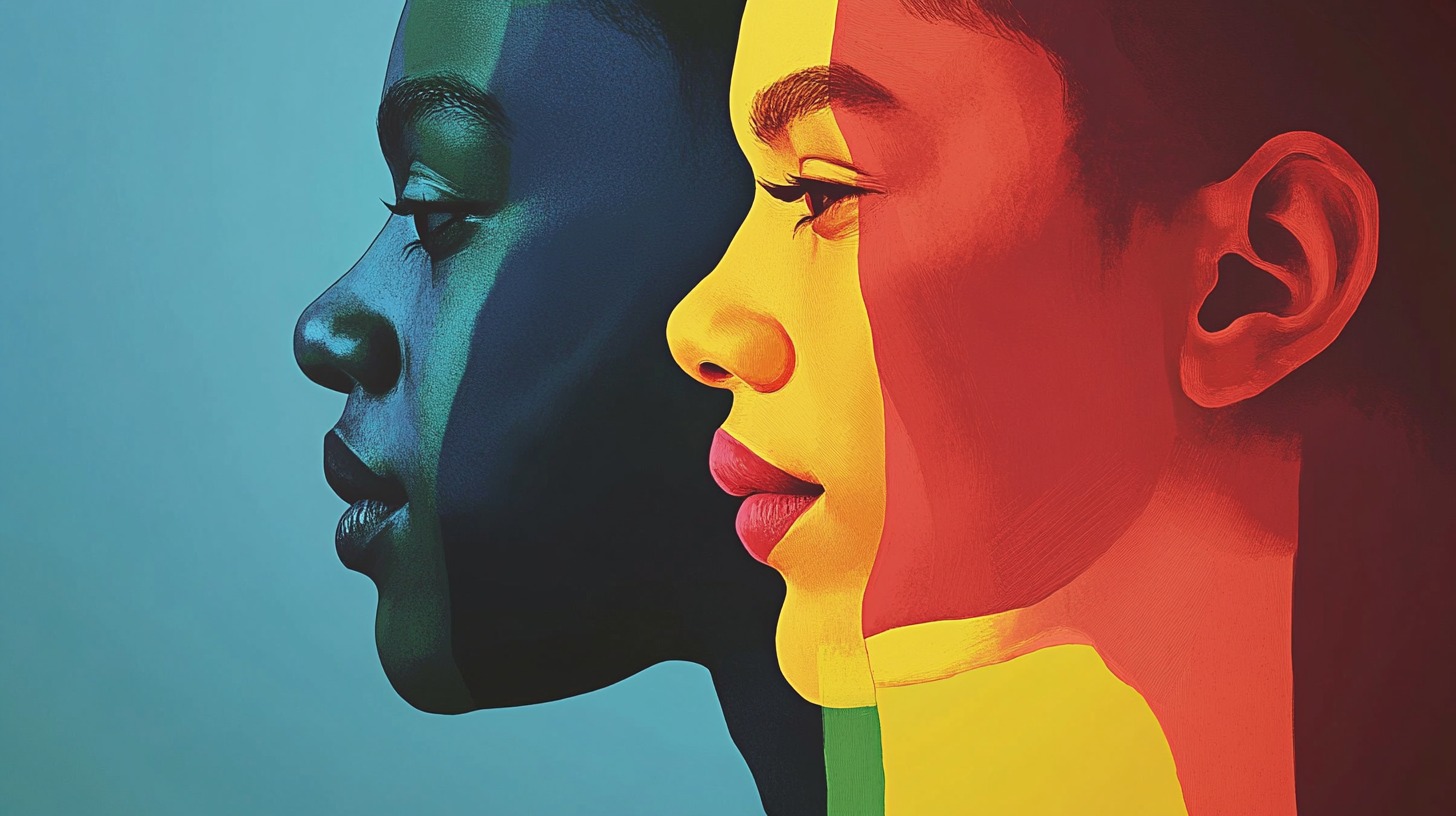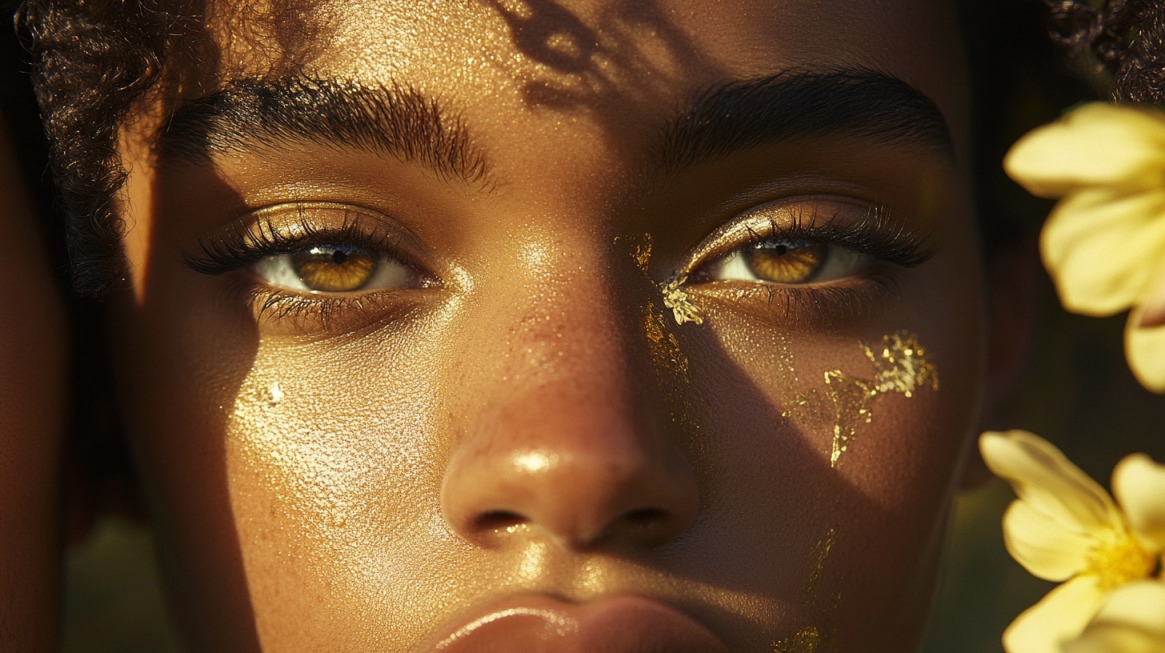Skin color remains one of the most sensitive and contentious issues in society, perpetuating a cycle of bias and discrimination. Although people often discuss racial prejudice, discrimination within ethnic groups due to variations in skin tone persists as a subtle yet equally damaging global issue.
Despite progress in embracing diversity, beauty standards continue to idolize light skin, with far-reaching consequences. The mainstream media and market forces play a pivotal role in normalizing these ideals, leaving individuals, particularly young women, grappling with feelings of inadequacy.
For many, this bias stems from deep-seated cultural beliefs shaped by historical events.
The Legacy of Colonialism
The origins of this bias can be traced back to the colonial era when Western powers established the supremacy of lighter skin. Colonizers promoted the notion that whiteness symbolized virtue, civility, and beauty. These days, people can even describe this as an element of misogynoir.
In countries like India, this ideology took root, associating fair skin with higher social status. This belief system has endured, influencing societal norms and relationships, as well as the institution of arranged marriages, where fairness often becomes a deciding factor.
A study in 2018 revealed that these ideals, deeply embedded during colonial rule, continue to perpetuate feelings of inferiority and powerlessness among darker-skinned individuals. Such ingrained notions of beauty have long-term implications, creating an unjust society where physical appearance often outweighs merit.
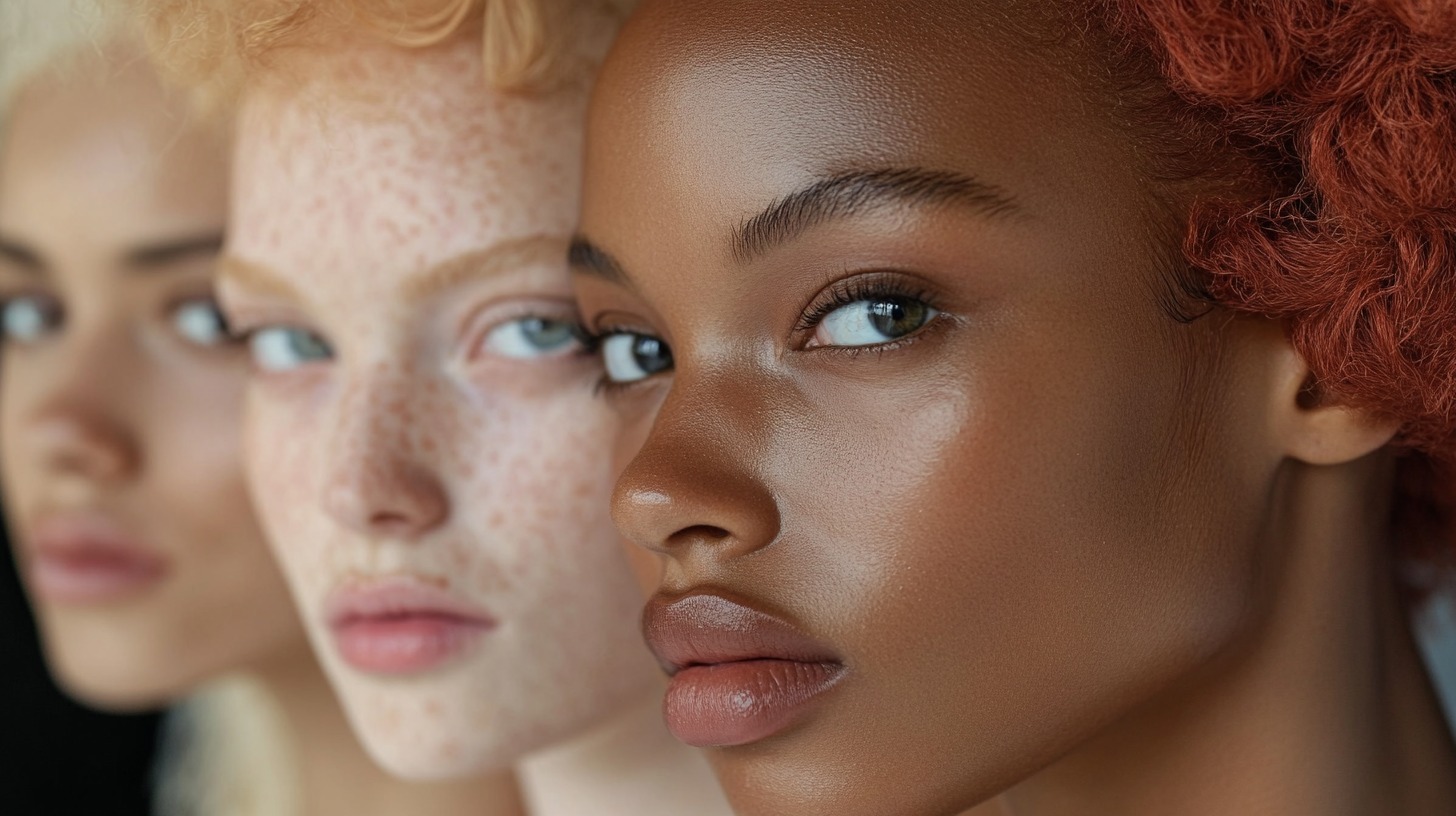
The Role of Media and Industry
The modern beauty industry has capitalized on these biases, with multinational brands profiting from products aimed at lightening skin.
The Netflix series Indian Matchmaking, for instance, has faced criticism for perpetuating the idea that light skin is more desirable, further cementing these prejudices in public consciousness.
The Human Cost of Bias
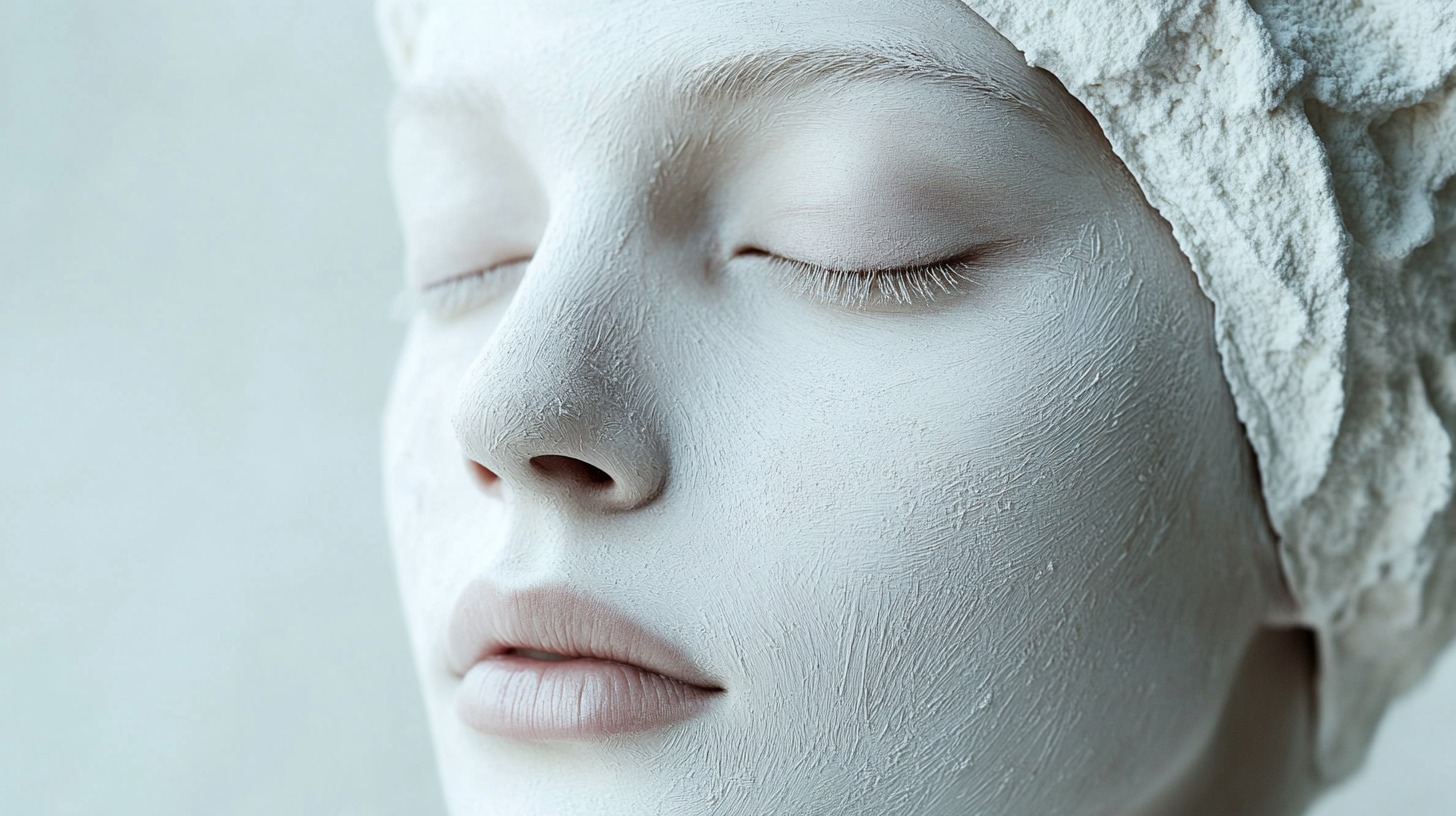
The impact of these standards goes beyond superficial beauty concerns, deeply affecting mental health and self-esteem, particularly among young women.
The projection of Eurocentric beauty ideals as the pinnacle of desirability has blinded society to the toxicity of such prejudices. This normalization of racism not only divides individuals but also damages the collective progress toward inclusivity and equality.
Moving Toward Change
Breaking stereotypes around light skin color requires both individual and collective action. Dr. Tina Mistry, a psychologist, suggests actionable steps for embracing one’s natural self, such as supporting brands that cater to diverse skin tones, curating a more inclusive social media feed, and seeking professional help to address self-esteem issues.
However, lasting change requires societal participation and a commitment to challenging these biases.
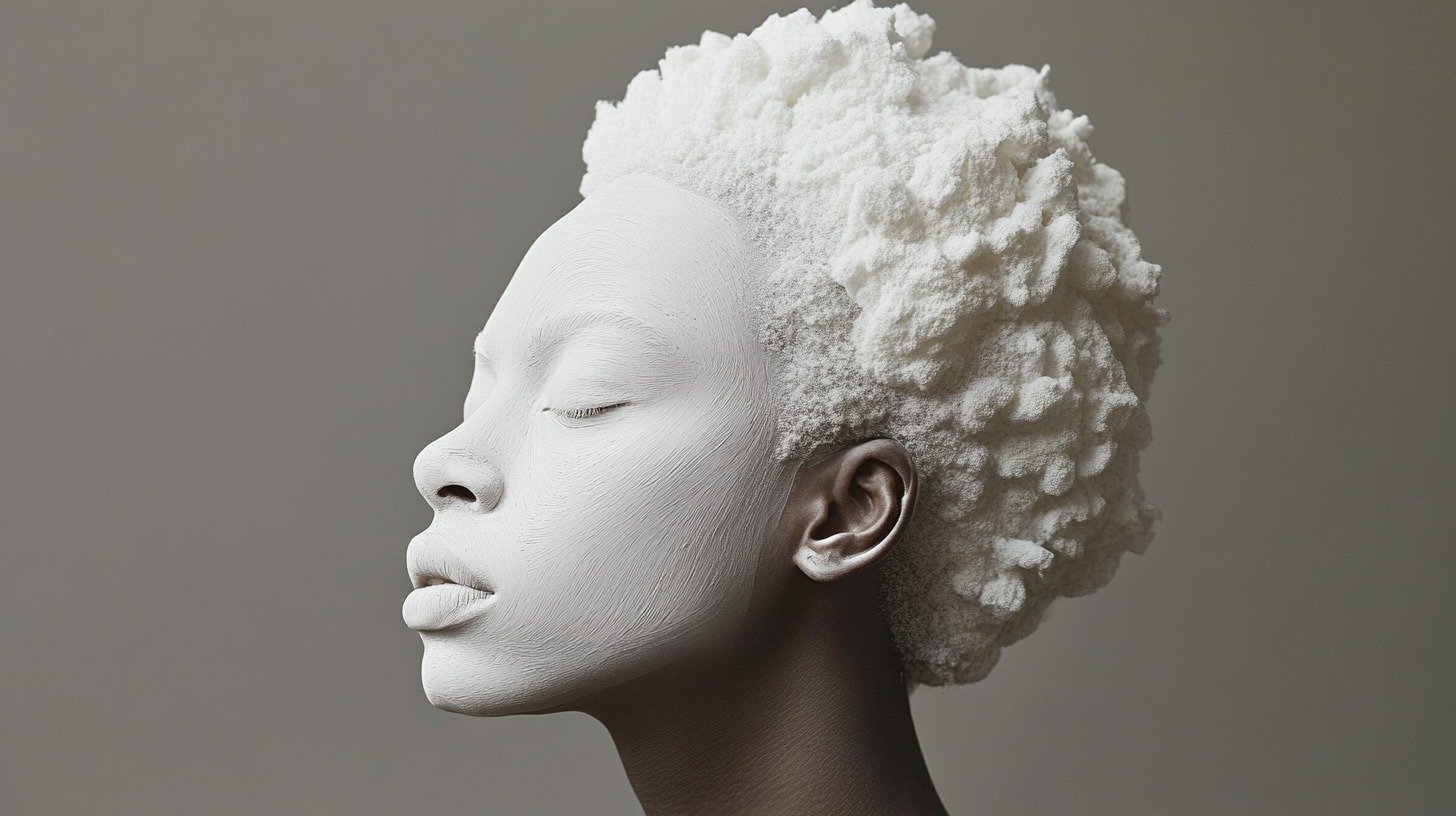
Activists have also been instrumental in combating skin color prejudice. Initiatives like the Dark Is Beautiful campaign, founded by Kavitha Emmanuel in 2009, emphasize inclusivity and celebrate beauty in all forms. Endorsed by celebrities and everyday individuals alike, the campaign serves as a platform for sharing personal stories and raising awareness about the harm caused by these biases.
Society must reflect on and challenge the deeply entrenched prejudices surrounding skin color regarding beauty standards. By fostering a culture of acceptance and equality, we can create a world where individuals are valued for their character and achievements rather than their physical appearance.

